The Wilderness:
A vast expanse of untamed nature, a place of danger, mystery and viewed as a habitat to tread in carefully, if at all, by our ancient ancestors.
A prominent theme in mythology, wilderness is often used in storytelling as a place of moral testing and tales of warning from the great unknown. But why do we see it this way? What is it about this natural space that’s so captivating? And what is it, aside from basic tests of survival, about the wilderness which creates such trials for humanity?
Thousands of years ago, our recent ancestors would not have travelled more than a few miles from where they were born. Anything outside of familiar surroundings and into untamed lands would have been seen as stepping into wild and potentially dangerous territory. A journey out of the encampment would have been understood by all as dangerous with all kinds of menace and peril waiting in the forest, mountains or unknown lands.
The ancient Greeks…
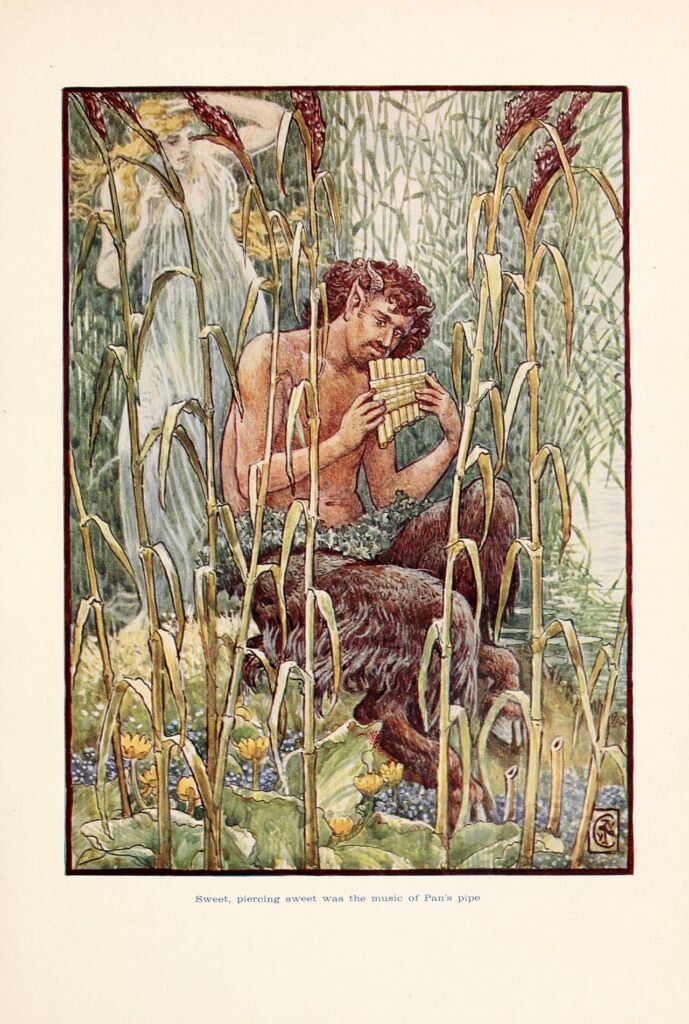 also had a rather dour view of the wilderness and deemed it as a place of jeopardy and menace. We can see this represented in the Greek God Pan, the god of the wild, where the word panic derives from.
also had a rather dour view of the wilderness and deemed it as a place of jeopardy and menace. We can see this represented in the Greek God Pan, the god of the wild, where the word panic derives from.
There are numerous Greek myths that talk of brave warriors who ignore the warnings of dangers of the wildness and wander far away from the safety of their home.
The Greek legend of Actaeon, for example, tells the tale of a fearless (or possibly reckless) young man who strays deep into the forest. He chances upon the beautiful Artemis bathing naked and finds himself gazing upon her. Humiliated and furious, Artemis uses her supernatural powers to turn him into a stag. Further peril ensures as his own pack of hounds turn on him and chase him through the forest, believing him to be nothing more than a stag. Despite his speed, they eventually catch up with him and tear him apart.
There’s clearly some moral tales at play here, a warning to treat each other with humility and decency, a threat in the form of punishment for your sins. But what role does the wilderness play within this myth? Not simply a place for dangers, but a place to explore the animalistic nature of humanity and our moral struggles.
The wilderness is often full of magical creatures who inhabit these mysterious lands; fairies, imps and ents, often portrayed as mischievous beings that often want to trick and make fools of humans.
In many English folk tales and Norse mythology, the warning is to ‘stick to the paths’, because you don’t know what’s lurking beyond. Whenever the brave, foolish or naive characters stray from the path they’re confronted with many a creature who wishes to trick them or will do them harm for trespassing into their lands.
From trolls protecting their bridge, to fairies tempting the living into the supernatural world, there’s often an unknown danger lurking in the wilds in a glittering form.
In Irish folklore…
the leprechaun fable is one that captures the wilds of nature. A greedy soul wanders alone in the woods and comes across a leprechaun. Having heard that if you capture a leprechaun they will take you to their treasure. Many such humans take on the challenge to capture the creature demanding to know where the pot of gold is. The leprechaun is not scared, and instead, he says: ‘come back tomorrow and I will show you. It will be under the tree with the red ribbon around it.’
The next day the foolish person returns with a spade and sack, ready to find the treasure, but every single tree in the woods has a red ribbon tied around it. The leprechaun has tricked the foolish man and provided us with another tale of morality and gained wisdom.
Ancient Celtic myths,
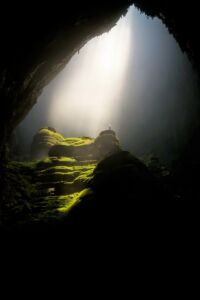
speak of doors to the Otherworld that were found deep in the wilderness. This Otherworld was a place shrouded in mystery, a supernatural dimension that
existed alongside our own world. Although it is thought of as a glorious place, it has a darker dimension, often threatening those of the living world. Let’s take a look at the existence of the
Fairy Queen, a supernatural creature that would tempt and invite people to enter the Otherworld. A beautiful temptress who many a human stumbling in the wilderness would find themselves confronted by. But despite the glories she appeared to offer, just one day spent with the Fairy Queen in the Otherworld would pass one year in the living world, and one year would be one hundred years on earth.
The heartache faced on return to the living world by the characters as they discover everyone they loved was dead is a clear warning against trusting what lurks beyond the comforts of our home. And to be strong is the face of emotions that can lead you astray.
Let us explore the stories created by the famous Brothers Grimm…
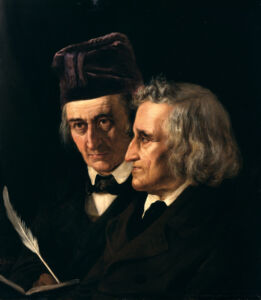 who lovingly collected myths and fairy tales from their home country, Germany. A vast number of German tales feature scenes of untouched nature and unruly wilderness where unknown dangers lurk – Hansel and Gretel, Little Red Riding Hood, Snow White, to name just a few. This of course is a reflection of Germany’s wild landscapes, vast and open forests combined with excellent storytelling.
who lovingly collected myths and fairy tales from their home country, Germany. A vast number of German tales feature scenes of untouched nature and unruly wilderness where unknown dangers lurk – Hansel and Gretel, Little Red Riding Hood, Snow White, to name just a few. This of course is a reflection of Germany’s wild landscapes, vast and open forests combined with excellent storytelling.
If you take into consideration all the myths and legends from around the world, the wilderness is often represented as the setting where humans are confronted to stand with or against their morals, where the weakness of character is tempted by delights and mystery, often supernatural or otherworldly, into bad decisions that bring on negative consequences.
The attraction of the wilderness has bought us many great adaptations, movies and other forms of entertainment. Throughout history the wilderness has been used as a playground to highlight our deepest fears and help us face the unknown in all its glory. It is however the testing ground, for both the brave and foolish who dare walk in such lands and this appears to be is a consensual agreement between both man and the wilderness, which has lasted us since the beginning of time.
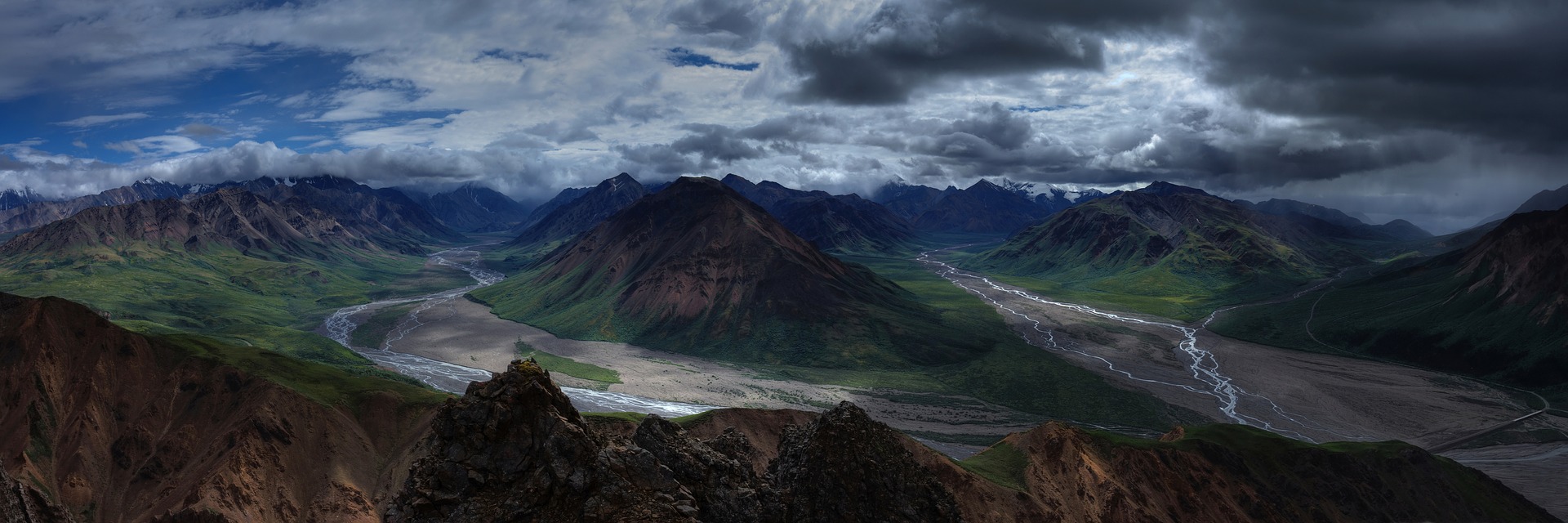

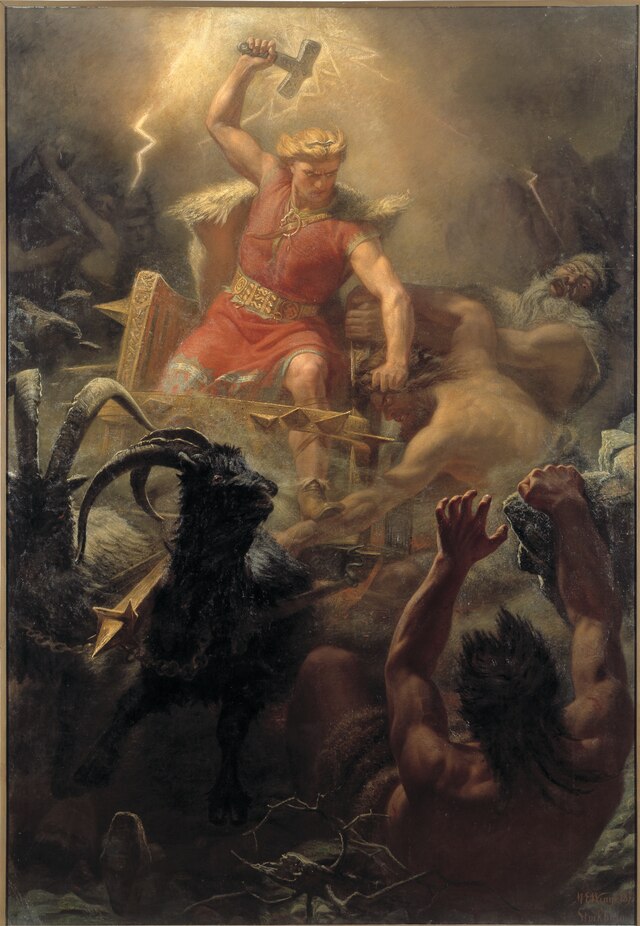



Leave A Comment